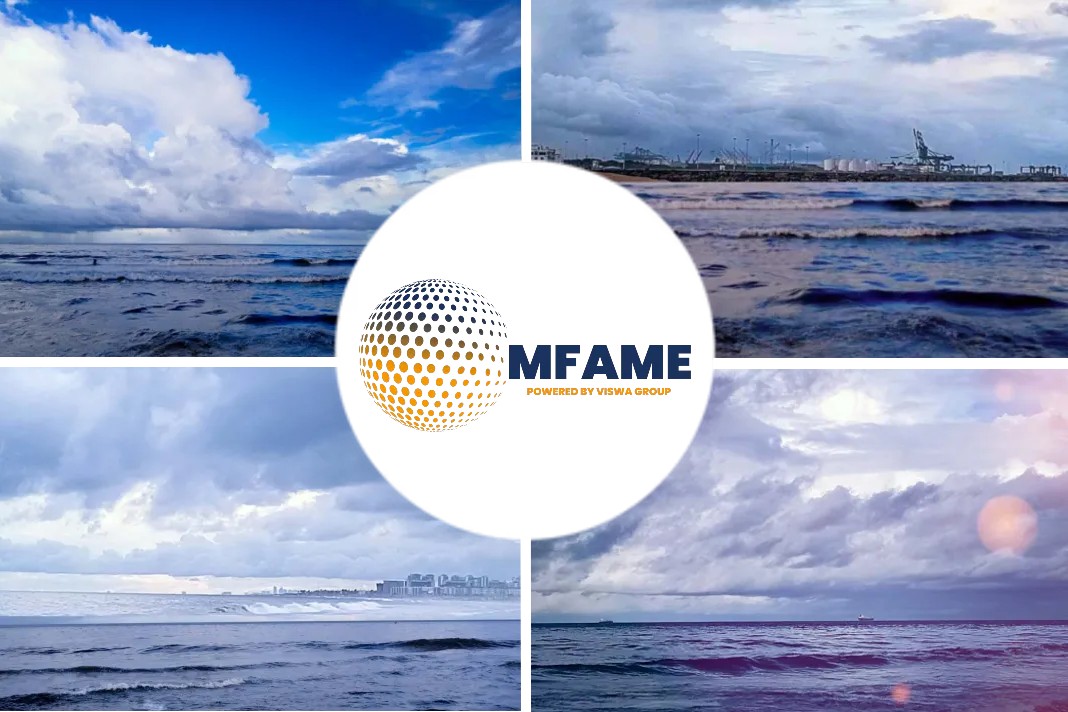- Understand the yes and no moments of charterparty agreements if you need to visit an outbreak affected port.
- be aware of force majeure clauses of your agreements.
- keep in mind the doctrine of frustration if charterparty plans can’t be followed under any circumstances.
- off hire isn’t breach of contacts but it depends on your charterparty agreement if you can go for it.
- if crew is sick and needs urgent treatment you can delay the journey
- Please follow the standard charterparty clause protocols that were established and followed in other outbreaks such as Ebola, SARS etc.
The Coronavirus outbreak has put the clock back on charterparty agreements as it iis becoming crucial for shippers to be aware of various legal implications. Keeping this is mind, Philip Woodroffe Senior Claims Adviser, Lawyer, Arendal gave his insight on Gard, about the impacts of the virus upon the charteparty agreements, identifying several questions that each shipowner may have, says an article published in Safety4Sea.
Here’s an excerpt from that article.
How will coronavirus impact on me as a shipowner?
In all respects, it is assumed the charter is an industry-standard time charter subject to English law. It is also assumed that the ship is being asked to call at a port to which the charterers could ordinarily direct the vessel and the only issue which might deter owners from going is the COVID-19 outbreak.
If my ship is ordered to a port in China, or somewhere else affected by the COVID-19, does it have to go?
Each charter must be interpreted according to its own terms and the factual situation is fast-evolving and may develop to the point where the answer is ‘no’, but at the moment the most likely answer is ‘yes’.
From a legal standpoint, the relevant question is likely to be ‘Is this a safe port?’ because most (but not all) charters contain a warranty from the charterer that the port will be prospectively safe, i.e. safe at the time of the arrival of the vessel. Even if the port is within the agreed range, if the port is or becomes unsafe the ship does not have to call at it and an order to go could be refused.
Are there any other terms of the charter contract which might also be relevant to this question?
Possibly. It is difficult to anticipate every situation and every way a claim might be framed but other clauses may be relevant: for example, if the charter has a force majeure clause, this may be triggered and may give rise to different considerations and a different result in terms of whether the risk of delay or even cancellation falls on owners or charterers.
Apart from the charter contract, are there any other legal principle which might come into play?
If the situation develops to the point where the contract, as originally envisaged, becomes incapable of being performed it may be that the law steps in to relieve both parties of their obligations to perform under the doctrine of ‘frustration’.
Will my ship be on or off-hire if there is a delay resulting from COVID-19?
It depends on the term of the charter and the reason for the delay. Where there is a delay under a time charter, charterers’ thoughts often turn to off-hire. Off-hire does not require a breach of contract, rather it is a right, in certain situations, for charterers to stop paying hire.
Might I be able to claim the hire as an implied indemnity for following charterer’s orders?
Perhaps, but it would not be a straightforward claim and it is probably still too soon to say as it is not yet clear how serious the COVID-19 situation is.
If my crew get sick can I deviate to help them?
Yes, assuming it is a necessary step to take but also, in the normal way, it is likely that the time spent doing this will be off-hire, unless a right to claim as a result of implied indemnity has arisen.
In light of the situation, Hill Dickinson law firm, further outlined major issues that shipowners may have to deal with, based on previous outbreaks such as SARS and Ebola, while noted that shipping industry must be prepared for charterparty issues.
Did you subscribe to our daily newsletter?
It’s Free! Click here to Subscribe!
Source: Safety4Sea



















